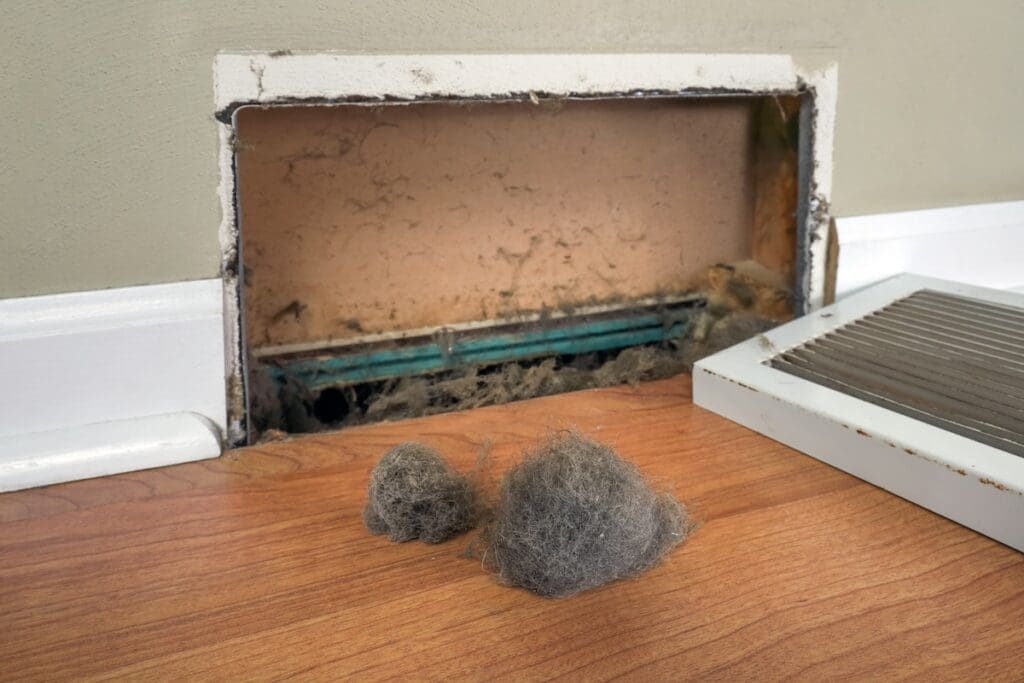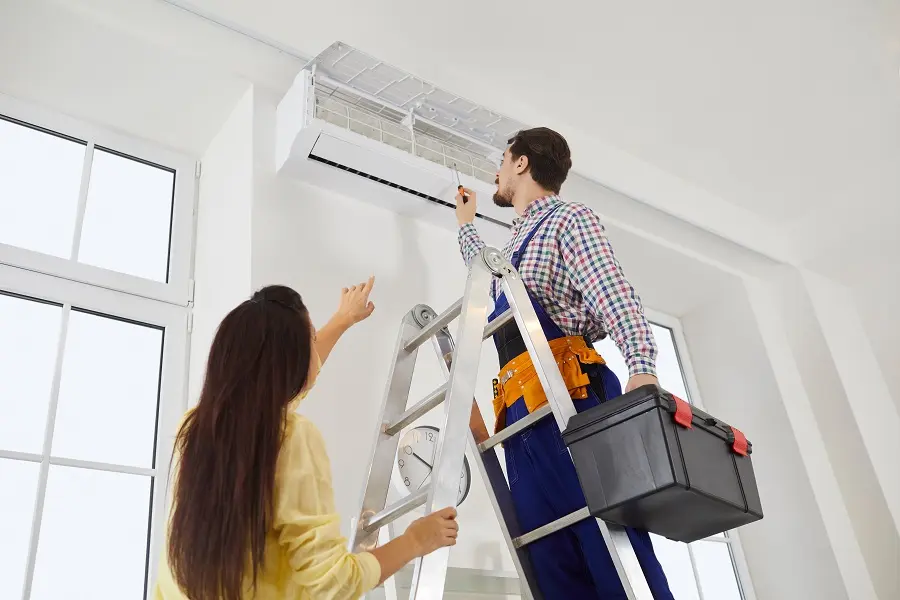In today’s world, maintaining a healthy indoor environment is crucial. For both homeowners and business owners, understanding the importance of duct sanitizing certifications can be a game-changer. These certifications ensure that the professionals you hire are qualified to clean and sanitize your air ducts effectively, enhancing the overall air quality of your space.
With the growing concerns about air quality and the spread of airborne diseases, it’s vital to ensure that your HVAC system is not only functioning efficiently but also contributing to a healthy living or working environment. The primary keyword, duct sanitizing certifications, plays a significant role in ensuring that the people you trust with your air duct cleaning needs are well-trained and knowledgeable.

Why Are Duct Sanitizing Certifications Important?
The significance of duct sanitizing certifications cannot be overstated. Certified professionals are trained to adhere to industry standards, ensuring that every aspect of the duct cleaning process is conducted with precision. This not only assures you of quality work but also protects your health by reducing the risk of allergen and contaminant exposure.
Improving Air Quality
Properly sanitized ducts contribute to improved air quality. Certifications ensure that technicians use the right techniques and equipment to remove dust, mold, and other harmful particles from your air ducts.
Enhanced HVAC Efficiency
A certified technician can optimize your HVAC system’s performance, leading to energy savings and a longer lifespan for your equipment.
Types of Duct Sanitizing Certifications
Several organizations offer duct sanitizing certifications. It’s essential to be aware of the most recognized certifications to make informed decisions when hiring a duct cleaning service.
NADCA Certification
The National Air Duct Cleaners Association (NADCA) offers one of the most recognized certifications in the industry. Technicians with this certification have undergone rigorous training and adhere to high standards.
IAQA Certification
The Indoor Air Quality Association (IAQA) provides certifications that focus on maintaining healthy indoor environments, crucial for both residential and commercial spaces.
How to Choose a Certified Duct Sanitizing Company
When selecting a duct sanitizing company, look for certifications and ask about their training and experience. Check their reputation and reviews online to ensure you’re hiring a reliable service.
For more insights, you can refer to how to choose a duct sanitizing company.
Benefits of Hiring Certified Professionals
Hiring certified professionals offers numerous benefits, including peace of mind, improved air quality, and a more efficient HVAC system.
Peace of Mind
Knowing that your air ducts are cleaned by certified professionals gives you confidence in the quality of work and its impact on your health.
Cost-Effective
Certified technicians can help you save money in the long run by improving your HVAC system’s efficiency and preventing costly repairs.
The Process of Duct Sanitizing
The duct sanitizing process involves several steps to ensure thorough cleaning and sanitization. Certified professionals follow a structured approach to eliminate contaminants effectively.
Inspection
Certified technicians begin with a comprehensive inspection to identify areas that need attention and determine the best cleaning approach.
Cleaning
The cleaning phase involves using specialized equipment to remove dust, debris, and contaminants from the ducts.
Sanitization
After cleaning, technicians apply sanitizing agents to kill bacteria and mold, ensuring a healthier indoor environment.
Common Misconceptions About Duct Sanitizing
There are several misconceptions about duct sanitizing that need to be addressed to make informed decisions.
It’s Not Necessary
Some believe duct sanitizing is unnecessary. However, regular cleaning is essential to maintain healthy air quality and HVAC efficiency.
It’s Expensive
While there’s a cost involved, the long-term benefits of hiring certified professionals far outweigh the initial investment.
The Impact of Duct Sanitizing on Health
Properly sanitized ducts have a significant impact on health, especially for individuals with allergies or respiratory issues.
Allergy Relief
Removing allergens and contaminants from the air ducts can provide relief for allergy sufferers.
Reduced Respiratory Issues
Cleaner air ducts contribute to fewer respiratory problems, promoting overall well-being.
Maintaining Duct Cleanliness
After cleaning, it’s crucial to maintain duct cleanliness to ensure long-lasting benefits.
Regular Inspections
Schedule regular inspections to catch potential issues early and keep your ducts in optimal condition.
Proper HVAC Maintenance
Regular maintenance of your HVAC system complements duct cleaning, ensuring efficient performance.
Conclusion
In conclusion, duct sanitizing certifications are essential for ensuring quality air duct cleaning and sanitization. Certified professionals provide peace of mind, improved air quality, and enhanced HVAC efficiency. By understanding the importance of these certifications, you can make informed decisions and enjoy a healthier indoor environment.
For more information about the duct sanitizing process, you can visit this external resource.

FAQ
What are duct sanitizing certifications?
Duct sanitizing certifications are credentials that assure you the professionals you hire are trained and qualified to clean and sanitize your air ducts effectively, ensuring better air quality and HVAC efficiency.
Why should I hire certified professionals?
Certified professionals adhere to industry standards, ensuring thorough cleaning and sanitization of your air ducts, which leads to improved air quality, energy savings, and peace of mind.
How often should I get my ducts sanitized?
It’s recommended to have your ducts sanitized every 3 to 5 years, or more frequently if you have allergies, pets, or live in an area with high pollution.
This article contains affiliate links. We may earn a commission at no extra cost to you.